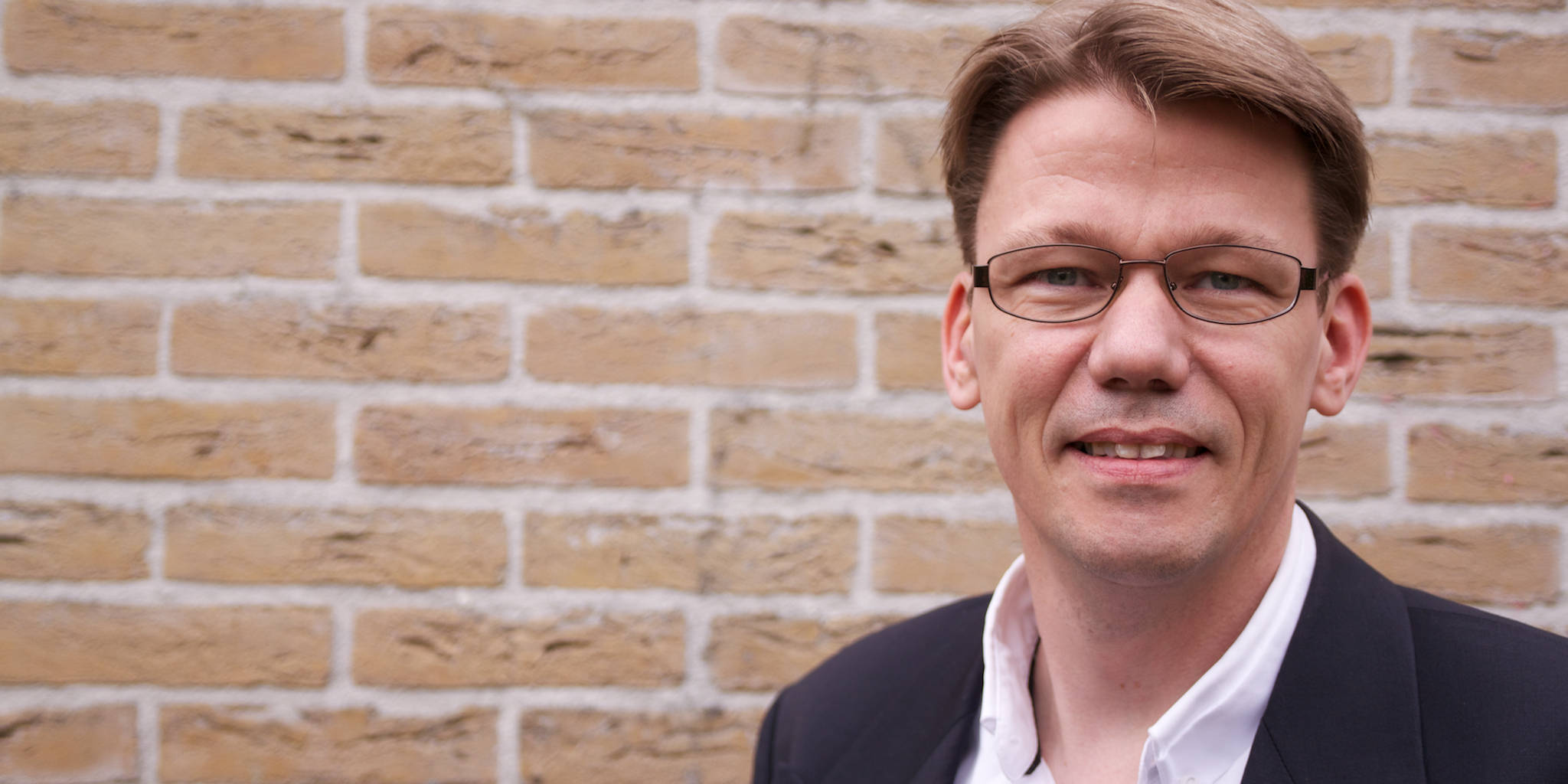
This is a fantastic guest post by Fokke Kooistra – a Nozbe user, a Dutch productivity guru and a coach. See what functions projects play in his personal way of using our app.
For many people, a project is a set of actions that will result in a desired outcome in one way or another. Projects can happen in business, but they’re also happening in your personal life. When we at Think Productive deliver workshops, helping participants create a list of projects is key for creating productive momentum.
But projects don’t always have a positive vibe to them. Missed deadlines, blown budgets and stress are typical reactions you get if you ask people for words that they associate with the term ‘Project.’ A lot of Nozbe users that I talk to are sometimes stuck in that mindset for using the project functionality of Nozbe. They look at the Projects section in the same way that they experience projects in their own work and life. But there are a lot of other uses for the Projects section, and in this post I will outline a few smart uses that you can try.
1. Projects
Of course the first and intended use for projects in Nozbe is just that: a nice way to keep track of the projects you are working on alone or with your team. Nozbe lets you run complex projects with different people without the complexity created by some of the dedicated project management tools. Dividing all your tasks into different projects helps you steer and focus on the bigger picture. That’s why I always advise people to create projects in Nozbe for smaller undertakings as well. Because seeing all your projects in one place gives a better picture of the amount of work you have.
2. Roles and a areas
You probably play a number of different roles in your life, both professionally and personally. You could also say that your life is compartmentalized into several areas. The project functionality of Nozbe is also a great way to create lists or buckets that represent the roles and areas in your life, because these will also create tasks or specific things you want to keep track of or focus on. A couple of examples for roles in your work are: Marketing & Sales, Finance, HR, Communication, Coach, Manager and Leader. Likewise in your personal life you have different roles: Spouse, Father, Child, Friend and Neighbor. You might break your life down into different areas like: Career, Health, Spiritual Wellbeing and Relationships. The beauty is that you don’t have to fill those lists with tasks, you can also use them to track ideas you don’t want to forget. They can become a source of inspiration when you go over the lists during your weekly or other review moments.
3. Good Ideas Park
In his book “How to be a Productivity Ninja,” Graham Allcott writes about having a Second Brain where you store all you actions and good ideas. An important part of that Second Brain is having a place to store ideas or interesting things you encounter for later retrieval. Using the project functionality for this is an infinite source of good ideas. You can put all of these things in one Good Ideas Park project or create different projects. Here are some ideas to get you going: Places to visit, Books to read, Research and development topics, Ideas for gifts or presents (for yourself or for family or friends), Events, Tools and Restaurants. If you put items from different categories into one Good Ideas Park project, use the categories functionality to group them and use the filter functionality to only see items from one category at a time.
When you create a lot of projects, it’s possible to lose track of them all. This is why people can be a little hesitant to create a lot of projects, since they don’t want to feel overwhelmed. The best way to overcome that feeling is to add labels and colors to your projects. The projects in the three areas I wrote about today all have their own label so I can easily group and view them.
So go ahead and experiment by creating a couple of projects and play with the ideas you have read in this post. Share your ideas in the comment section below or shoot me an email at fokke@thinkproductive.nl.
Fokke Kooistra is co-owner and director of Think Productive West-Europe. He has over a decade of experience in training and coaching teams and individuals to make better use of their time and attention; promoting behavioral change to reduce stress and increase personal and team productivity.



